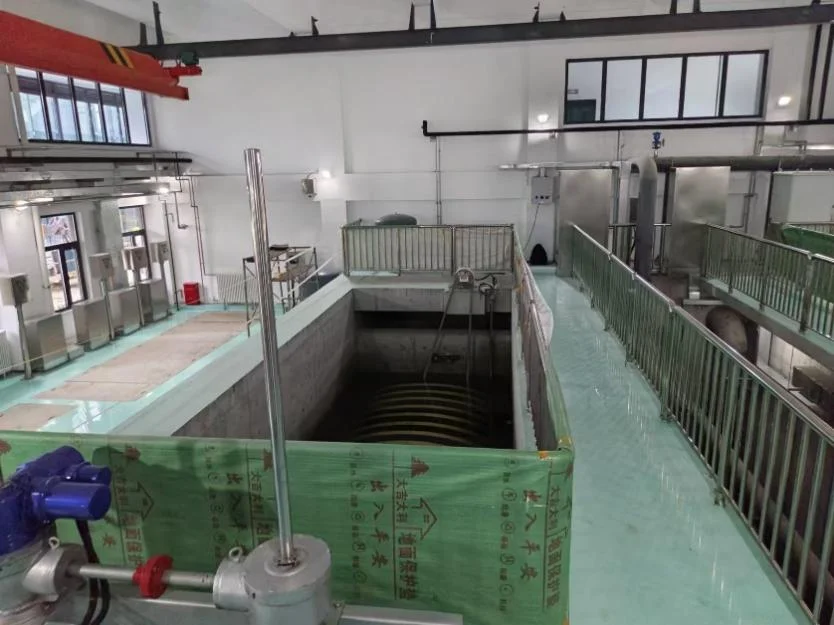As the sweltering heat of summer approaches, many homeowners find themselves grappling with the decision of how best to cool their living spaces. Among the most common options are air coolers and air conditioners (ACs). While both devices aim to provide relief from high temperatures, they operate on fundamentally different principles. This article delves into the nuances of air coolers and air conditioners, addressing the critical question: Does an air cooler cool the room like an AC?
Understanding the Mechanisms
Air Coolers: The Evaporative Cooling Process
Air coolers, also known as evaporative coolers or swamp coolers, utilize the natural process of evaporation to lower air temperature. They draw warm air through water-saturated pads, where the heat is absorbed, and the air is cooled before being circulated back into the room. This method is particularly effective in dry climates, where the humidity levels are low, allowing for efficient evaporation.
Air Conditioners: The Refrigeration Cycle
In contrast, air conditioners employ a refrigeration cycle to cool indoor air. They use a refrigerant, which absorbs heat from the indoor air and releases it outside. This process involves several components, including a compressor, condenser, expansion valve, and evaporator coil. The result is a significant drop in indoor temperature, regardless of the external humidity levels.
Cooling Efficiency: A Comparative Analysis
Cooling Capacity
One of the primary distinctions between air coolers and air conditioners is their cooling capacity. Air conditioners are designed to lower the temperature of a room significantly, often by 20 degrees Fahrenheit or more, depending on the unit's BTU (British Thermal Unit) rating. In contrast, air coolers typically provide a more modest cooling effect, usually around 5 to 15 degrees Fahrenheit, making them less effective in extremely hot or humid conditions.
Energy Consumption
When it comes to energy efficiency, air coolers have a distinct advantage. They consume significantly less electricity compared to air conditioners, making them a more cost-effective option for cooling. Air coolers primarily use a fan and a water pump, while air conditioners require a compressor, which is the most energy-intensive component. This difference in energy consumption can lead to substantial savings on utility bills, especially during peak summer months.
Environmental Considerations
Humidity Levels
The effectiveness of air coolers is heavily influenced by the ambient humidity. In arid regions, air coolers can provide substantial relief, as the evaporation process is enhanced by low humidity. However, in humid climates, air coolers may struggle to cool effectively, as the air is already saturated with moisture, hindering evaporation. Conversely, air conditioners can dehumidify the air, making them suitable for a wider range of climates.
Environmental Impact
From an environmental perspective, air coolers are often seen as a greener alternative. Their lower energy consumption translates to reduced greenhouse gas emissions, particularly if powered by renewable energy sources. Additionally, air coolers do not use refrigerants that can contribute to ozone depletion, making them a more eco-friendly choice.
Practical Applications and Considerations
Ideal Usage Scenarios
When deciding between an air cooler and an air conditioner, consider the specific needs of your environment. If you live in a dry, hot climate and are looking for an economical and energy-efficient cooling solution, an air cooler may be the ideal choice. However, if you reside in a humid area or require precise temperature control, an air conditioner is likely the better option.
Installation and Maintenance
Air coolers are generally easier to install and maintain than air conditioners. Most air coolers are portable and require minimal setup, while air conditioners often necessitate professional installation. Maintenance for air coolers typically involves regular cleaning of water pads and ensuring the water reservoir is filled, whereas air conditioners require more complex servicing, including refrigerant checks and filter replacements.
Conclusion: Making an Informed Choice
In conclusion, while air coolers can provide a cooling effect, they do not cool a room like an air conditioner. The choice between the two ultimately depends on your specific cooling needs, climate conditions, and budget. Understanding the differences in operation, efficiency, and environmental impact can help you make an informed decision that ensures comfort during the hottest months of the year. Whether you opt for the economical and eco-friendly air cooler or the powerful and precise air conditioner, knowing the strengths and limitations of each will lead to a more comfortable living environment.


More Stories
Precision and Strength: Choosing the Right Industrial Aluminum Section Materials for Manufacturing
Warning Signs Your Industrial Water Treatment System Needs Attention
Why Impact Torsion Bits Are Preferred for Heavy-Duty Construction Work